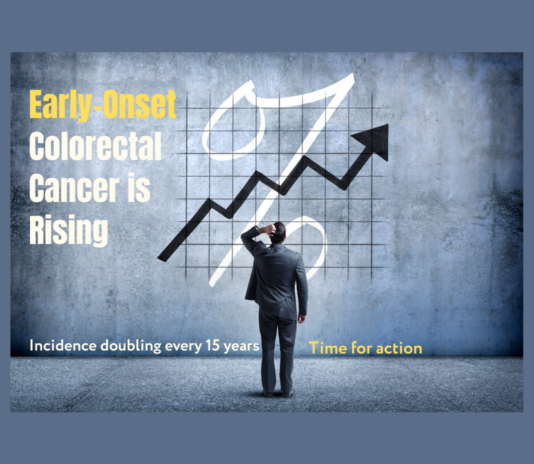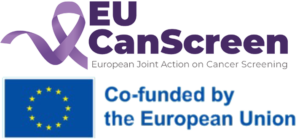Increase of early-onset colorectal cancer: a cohort effect
Rising incidence in younger cohorts in multiple countries
Cohort effect
A communication from IARC highlighted the sharp rise of colorectal cancer among young adults in high-income countries. Data from Australia, Canada, the UK, and the USA show an increase of 4–6% per year in adults under 50. Researchers attribute this trend to a cohort effect, where younger generations carry higher risks than those born earlier.
Projections
Projections suggest that, if nothing changes, incidence may double every 15 years. Potential drivers include lifestyle changes, diet, obesity, and early-life exposures. These findings are sparking debates on whether colorectal screening should begin earlier. The report stresses the urgency of prevention strategies tailored to younger populations and greater awareness among healthcare providers.
#EuCanScreen #CancerScreening #HealthCare #CancerPrevention #ColorectalCancer #CohortEffect
Subscribe to our newsletter to get news and updates.
Subscribe to our newsletter to get news and updates.

The general objective of EUCanScreen is to assure sustainable implementation of high-quality screening for breast, cervical and colorectal cancers, as well as implementation of the recently recommended screening programs – for lung, prostate and gastric cancers. EUCanScreen will facilitate the reduction of cancer burden and achieving equity across the EU.
This project has received funding from the European Union’s EU4HEALTH Programme under the Grant Agreement no 101162959












